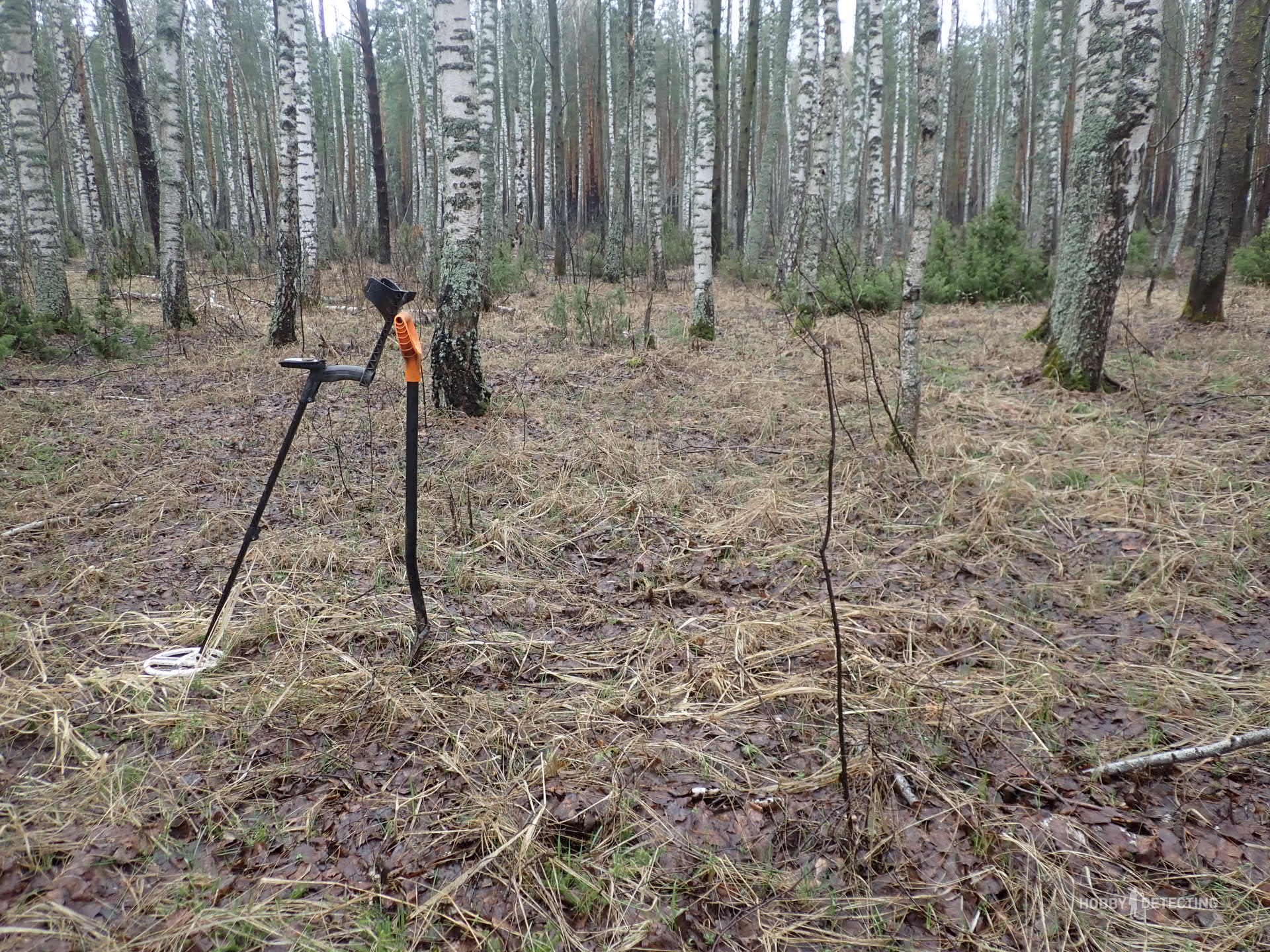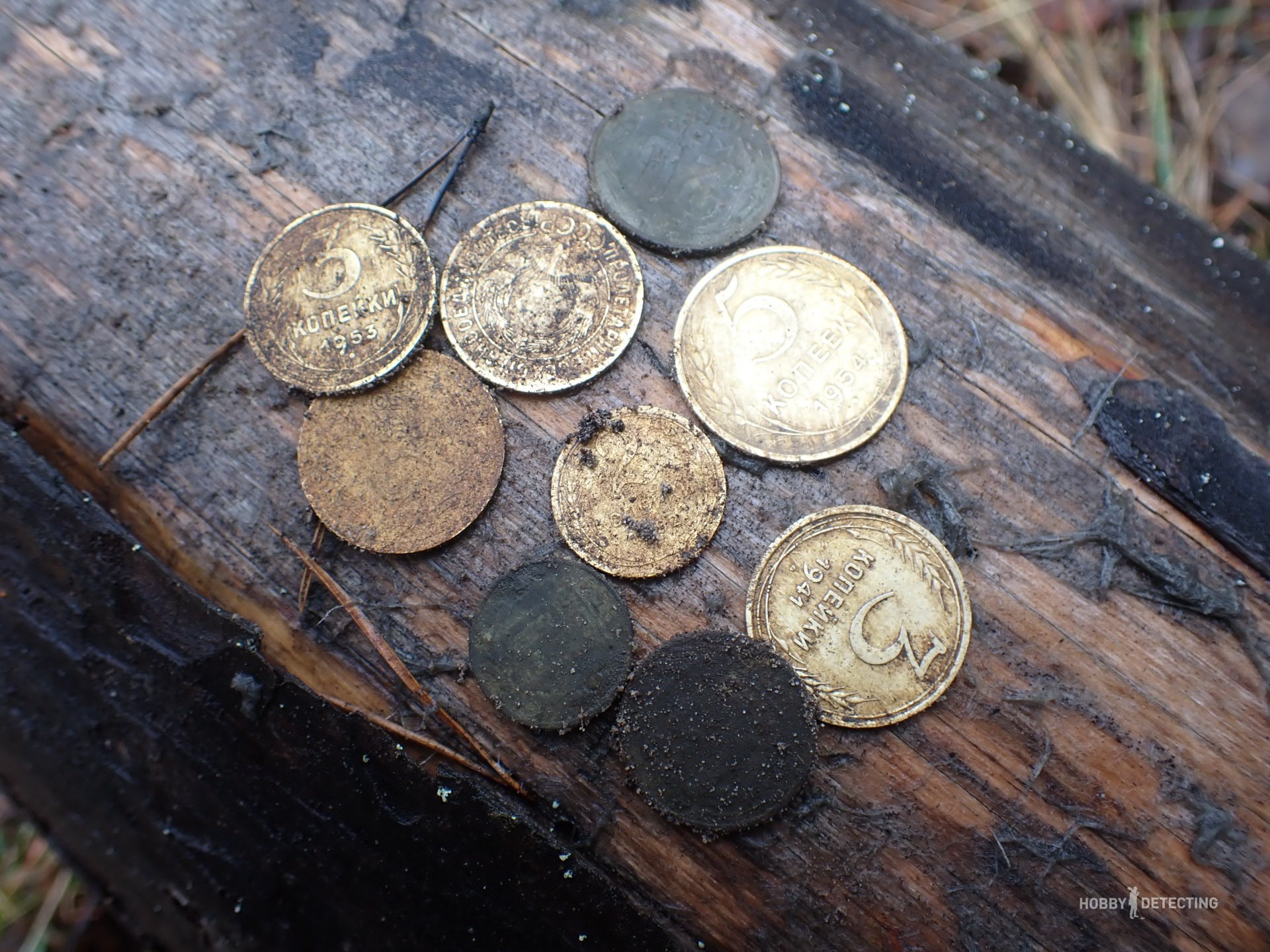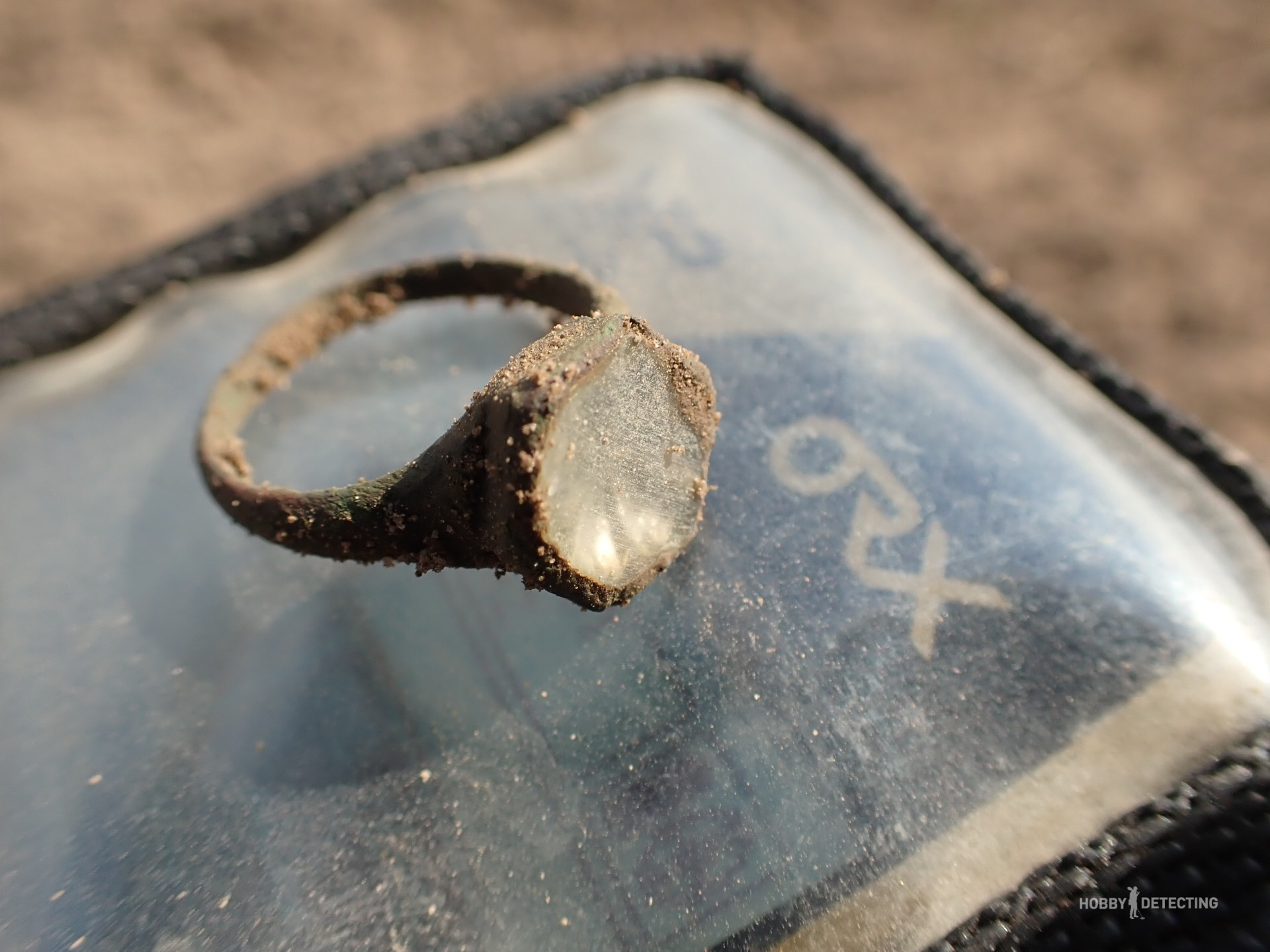Why are instrument searches and treasure hunting illegal in Russia??? And when can we expect changes?
This question is asked by hundreds of thousands of instrument search enthusiasts. I will not use the notorious figure of a million people. This figure was “sucked out” from the statistics of sales of metal detectors in our country. But we understand that not all owners who once purchased a metal detector are active users of these devices. Therefore, let's focus on the figure of half a million citizens of the Russian Federation, of which there are no more than one hundred thousand active users. And yet, I want to understand why public discussion on the topic that bans don’t work is not even allowed, so something needs to be done???

In my opinion, there are three main reasons: social, scientific and informational.
Let's start the analysis with a scientific reason. Unfortunately, any attempt to simply consider the issue of partial legislative settlement of the issue of instrumental search will run into colossal resistance from our beloved archaeologists. And this is due, first of all, to the fact that our beloved archaeologists themselves do not know what can and should be considered archaeological heritage. That is, what needs to be protected by law from the actions of non-professional diggers, but what can be considered insignificant and permission to be given to ordinary people to extract from the deposit sites.
Nobody knows where that notorious figure of the hundred-year threshold came from. But this is not even strange, but the fact that no one really knows what traces of human existence are in past eras . I've asked many archaeologists and they don't know what it is. However, according to the law, this something incomprehensible is protected by the state and violations are punishable under a criminal article.
Unfortunately, this problem will never be solved if its solution is left to archaeologists themselves. So, as can be seen, they themselves have no idea what the goals are for modern Russian archeology as a social science. In general, to make it clear, until archaeologists decide, or are told by order from above, what exactly is interesting to archeology as a science, instrumental search will be prohibited. Because every local “princeling” will foam at the mouth to prove that three copper coins and a broken cross in the bag of the detained digger are irreparable damage to the national archaeological heritage.

Reason two. Negative information background . Unfortunately, and this must be admitted, we, dear friends and fellow hobbyists, are losing the information war. The strongly negative phrase “black archaeologist” has firmly established itself, like a slogan and tagline, in the information field and the minds of citizens, as a designation for all owners of metal detectors. Although, no, not for everyone, there are still search engines, but even those are regularly confused.
That is why, even if suddenly a certain legislator, public or political figure decides to speak out, simply speak out in support of lovers of instrumental search, the media and social networks will simply crush this person.

Reason three. Lack of real political competition. As practice shows, in those countries where laws legalizing instrumental search were adopted (England, Germany, Estonia, Latvia), the initiators of these laws were not archaeologists or even scientists, but politicians.
What's the point? And the fact is that their elections are exciting, interesting and intriguing. And, as the same electoral practice has shown, people with any hobby, united in interest clubs, more actively go to the ballot box. Therefore, political parties are waging a very serious fight for such citizens, promising various kinds of concessions or government assistance in the development of the direction in which certain groups have their hobbies. And, as often, one or another party wins elections with a margin of one or two percent of the votes, politicians work out all possible clubs of interests. This is what happened in those very countries that politicians and party leaders first promised and then implemented laws legalizing instrumental search to win elections.

Unfortunately, this is not the case with us and it will not be like this anytime soon. So, friends, remember the main unspoken law of instrument search: “A cop loves silence”
I wish you all good luck and subscribe to our channel if you have not already subscribed. We will discuss the most pressing topics.

